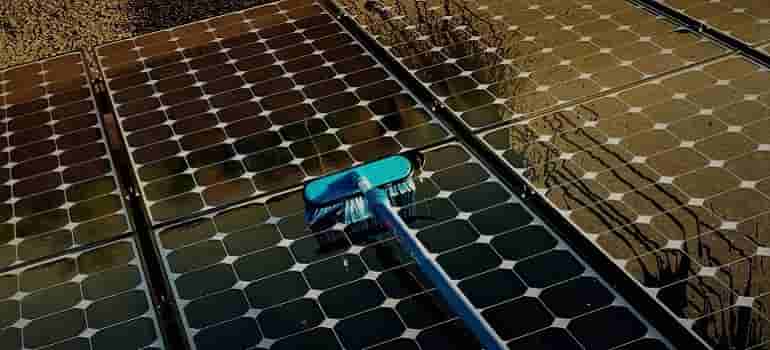Discussion Highlights Innovative Tools, Including SiteRight, for Low-Impact Siting of Solar and Wind Projects Worldwide
As global leaders, climate champions, and experts gathered on World Solar Day, December 5th, The Nature Conservancy (TNC) India and the International Solar Alliance (ISA) engaged in discussions to combat climate change and advance renewable energy (RE). The focus was on tripling RE adoption to 11,000 GW while minimizing environmental and societal impacts.
Innovative Solutions Explored
During the discussions, experts from Brazil, Nigeria, India, and the USA explored innovative solutions. TNC India’s Siteright tool, designed to identify land parcels with minimal socio-ecological conflicts for solar and wind development, took center stage. The tool, already operational in India, is set to extend its coverage to Latin America and Sub-Saharan Africa, starting with Brazil and Nigeria.
Addressing Land Use Conflicts
Dr. Ajay Mathur, Director General of ISA, praised the SiteRight tool, emphasizing the need to avoid conflicts between land use for renewable energy and food production. He proposed a comprehensive study on crops suitable for growth under photovoltaics to minimize clashes.
Ensuring Sustainable Spread of RE
Dr. Annapurna Vancheswaran, Managing Director of TNC India, stressed the importance of low-impact siting for RE projects to ensure a sustainable spread of clean energy without compromising biodiversity or food security.
Global Perspectives
Dr. Joseph Daniel Onoja, Director General of the Nigerian Conservation Foundation, highlighted Nigeria’s potential for expanding solar energy and expressed enthusiasm for using the SiteRight tool to minimize impact on biodiversity and agriculture.
Luciana Aparecida da Costa from Brazil’s BNDES discussed Brazil’s achievements in renewable energy and the challenges of balancing large land mass with biodiversity hotspots like the Amazon rainforests. She emphasized the need for improved screening processes to address the impact of RE projects on biodiversity.
Dr. Mathur urged development banks, including BNDES, to make SiteRight a screening requirement for financing solar and wind projects. Bruce McKenney, Global Director of Renewable Energy at TNC, stressed the importance of proactive steps to identify areas of least conflict and low impact as RE deployment extends to more challenging locations.


